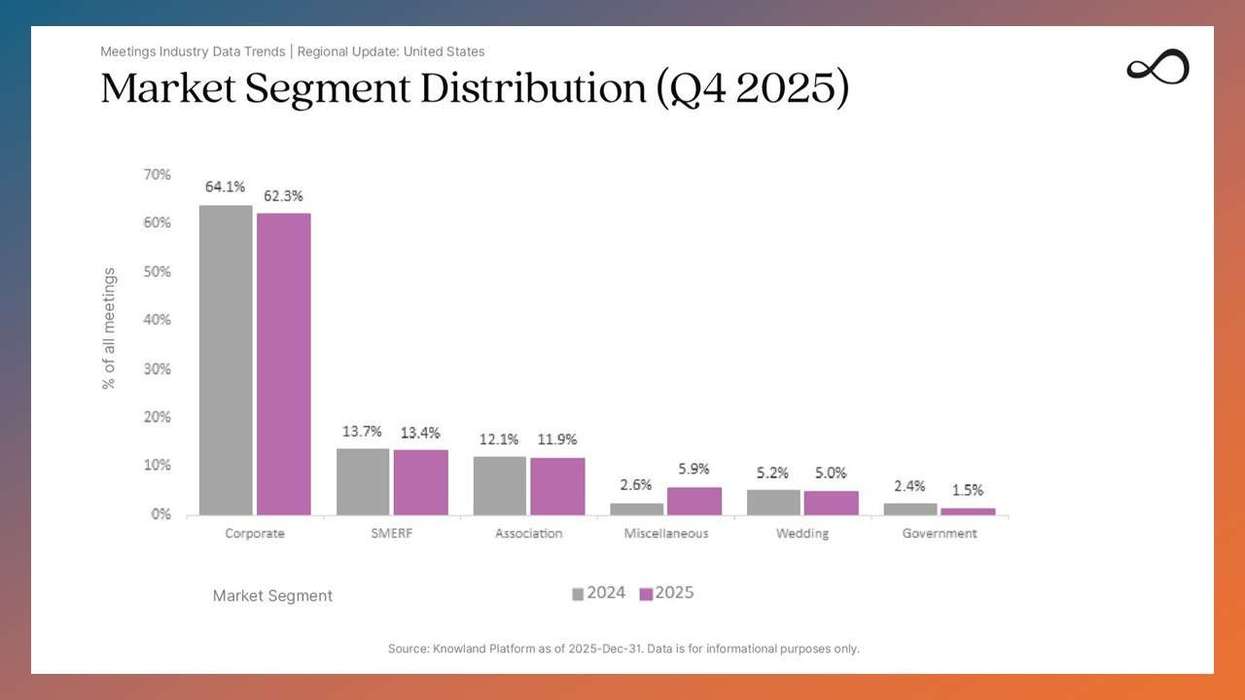NO MATTER HOW badly it’s needed, the next phase of federal stimulus remains further away than ever. The Senate voted on its bill this week, but it failed to pass on Thursday and may not be approved before the election in November.
The vote on the pared-down version of the “Health, Economic Assistance, Liability Protection and Schools Act” failed 52 to 47 along party lines with Democrats claiming the bill did not do enough, according to the New York Times. The vote was emblematic of the partisan divisions that have delayed the next round of stimulus for months and may continue the delay until after the election.
“Congress has spent months talking and talking about whether to give the American people more relief as they continue grappling with this pandemic. Today, we are going to vote,” Senate Majority Leader Mitch McConnell said in the morning before the vote. “Every Senator will be counted. Should we move forward with a floor process to deliver hundreds of billions of dollars more for kids, jobs, and healthcare? Should we at least vote to move forward and have this debate out in the open? Or do our Democratic colleagues prefer to hide behind closed doors and refuse to help families before the election? We’ll find out in a couple hours.”
The Democrat controlled House voted on and passed its stimulus bill, the ‘‘Health and Economic Recovery Omnibus Emergency Solutions Act,’’ in May, a fact that Speaker of the House Nancy Pelosi harped on in a tweet Wednesday.
“It’s been 116 days since the House passed the Heroes Act and the Senate GOP are finally waking up to the damage their decision to ‘take a pause’ has caused in communities nationwide,” Pelosi said in the tweet, apparently referring to time Senate Republicans took to settle inner-party disputes about the HEALS Act before it voted Thursday. “Republicans must stop blocking efforts to pass the policies included in the #HeroesAct into law.”
However, given the dire threat to the economy, including the travel and hospitality industries, the U.S. Travel Association said it’s time to put aside these differences. More than half of the 15.8 million jobs the travel industry supported before the pandemic have disappeared since March and the U.S. economy stands to lose $505 billion in travel spending this year, said Tori Emerson Barnes, USTA’s executive vice president, public affairs and policy.
“Hotels, attractions, restaurants and stores across the country are closing their doors forever. The travel industry workers and small businesses who have suffered so much during this crisis cannot wait any longer for relief, nor can they cannot wait until after the election. Congress must act now to save these vulnerable jobs,” Emerson Barnes said. “We urgently need congressional and administration negotiators to quickly reach a deal that provides relief, protection and stimulus to all sectors of the travel industry.”
Steps necessary to save the industry include extending funding for the Paycheck Protection Program that provides loans to small business to avoid layoffs; up to $10 billion in in federal grants to promote safe and healthy travel practices; limited, temporary and immediate legal safe harbor for businesses that follow proper health and safety guidelines; temporary tax credits and deductions aimed at encouraging travel; and the development of a national strategy to expand COVID-19 testing by enacting the TEST Act.
“An economic recovery will not happen on its own. Immediate, targeted and substantial relief will be needed to restore lost travel industry jobs and put our nation on the path to recovery,” Emerson Barnes said. “Congress, we are calling on you to finish the good work you started and finalize a deal immediately. The travel industry—and the millions of Americans whose livelihoods depend on this industry—are counting on it.”





